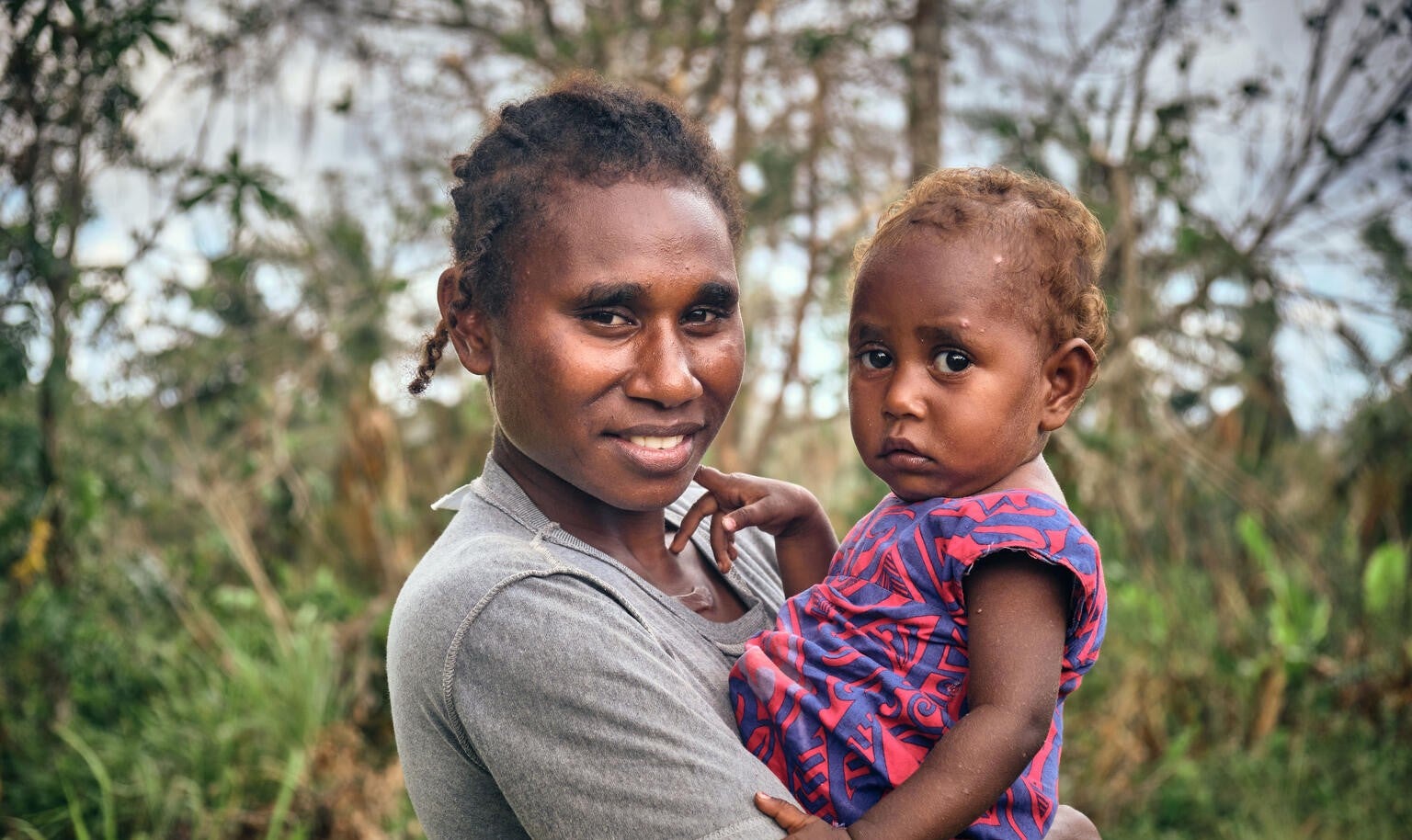Making waves: Sustainable health solutions for women and girls at the forefront of climate crisis
This event is co-hosted by the International Health Awareness Network (IHAN) and UNICEF Australia.”
Climate change is not gender neutral. While women and girls bear the brunt of the climate crisis, they are also at the forefront of leading change. The unique rights, needs and perspectives of women and girls must be central to climate policies, investments and actions – particularly in Small Island Developing States (SIDS).
Across all the SIDS, climate change and biodiversity loss are rapidly exacerbating the social determinants of health, which is felt disproportionately by women, girls and children.
‘Making waves: Sustainable health solutions for women and girls at forefront of climate crisis’ brings together a diverse group of panellists to share their lived experience of climate change in SIDS, the latest research and evidence on the impacts of climate change on the health of women and girls, and to highlight successful approaches to address gendered aspects of the social determinants of health in a changing crisis.
When: Thursday 30 May at 7 am AEST
Register nowPanellists:
The panel discussion brings together policy experts, researchers, global health leaders, and young voices to address the unique rights and needs of girls and women living through a climate crisis in Small Island Developing States.
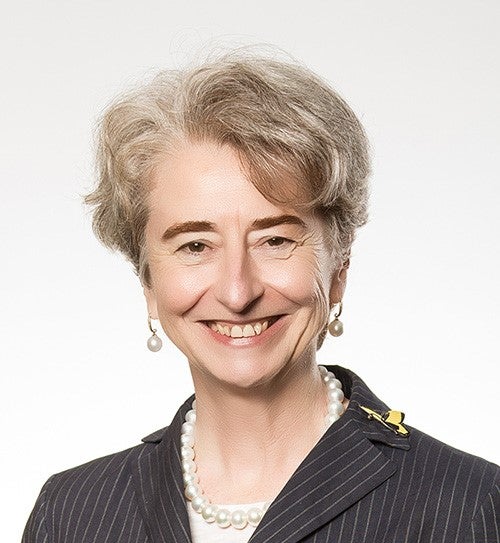
Panellist
Professor Diana Lynne Madden, Professor of Population and Planetary Health
Lynne is Professor of Population and Planetary Health at the School of Medicine, Sydney, at The University of Notre Dame Australia. She was Associate Dean, Learning and Teaching for the medical program 2012-2020. A Public Health Physician, Lynne was President of the Australasian Faculty of Public Health Medicine and a member of the RACP Board from 2016-2018. She has chaired successful Australasian collaborations on climate change and health including the multi-college RACP Climate Change and Health Research Project Advisory Committee which oversaw the release of Climate Change and Australia’s Healthcare Systems.
She has published extensively on public health workforce and competency based education, and on the essential need to educate medical graduates, and other health profession graduates, about the health impacts of climate change
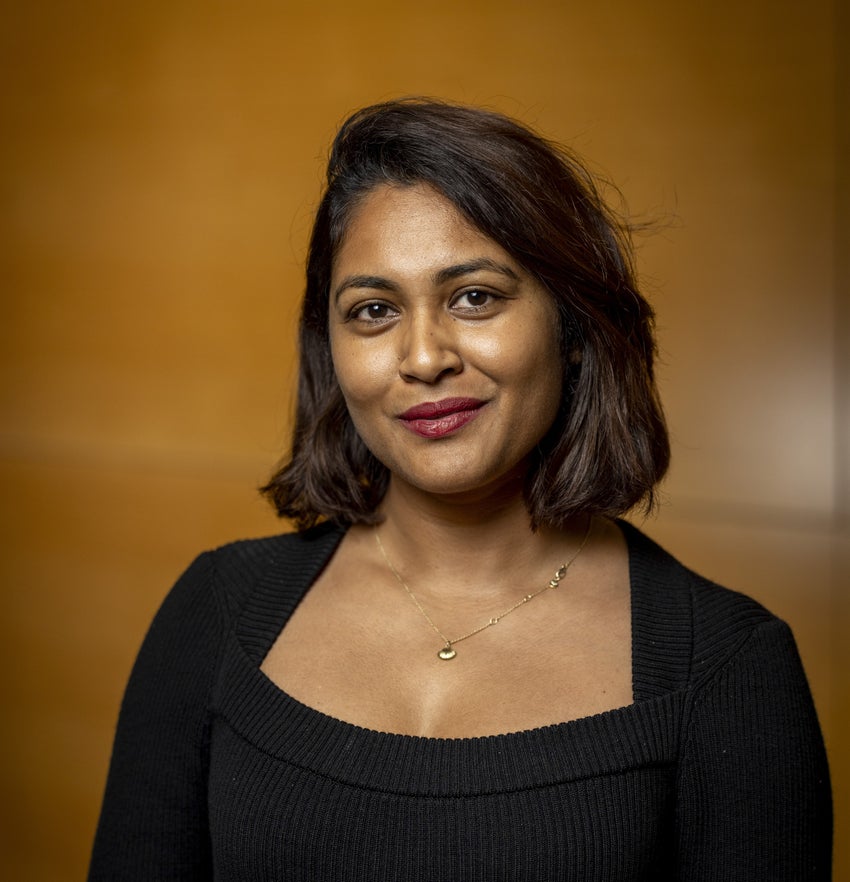
Panellist
Rashmi Venkatraman, Senior Health Program Advisor | Climate and Health Lead, DFAT Representative
Rashmi Venkatraman is a Senior Adviser and Climate and Health Lead at the Australian Department of Foreign Affairs and Trade (DFAT). She provides specialist advice on how climate change can be integrated into programs, policies and initiatives and has worked at the intersection of climate and health (specifically how the nexus intersects with gender and migration) for the last 8 years. She has worked globally in the international development and global public health spaces and holds a Masters of International Public Health.
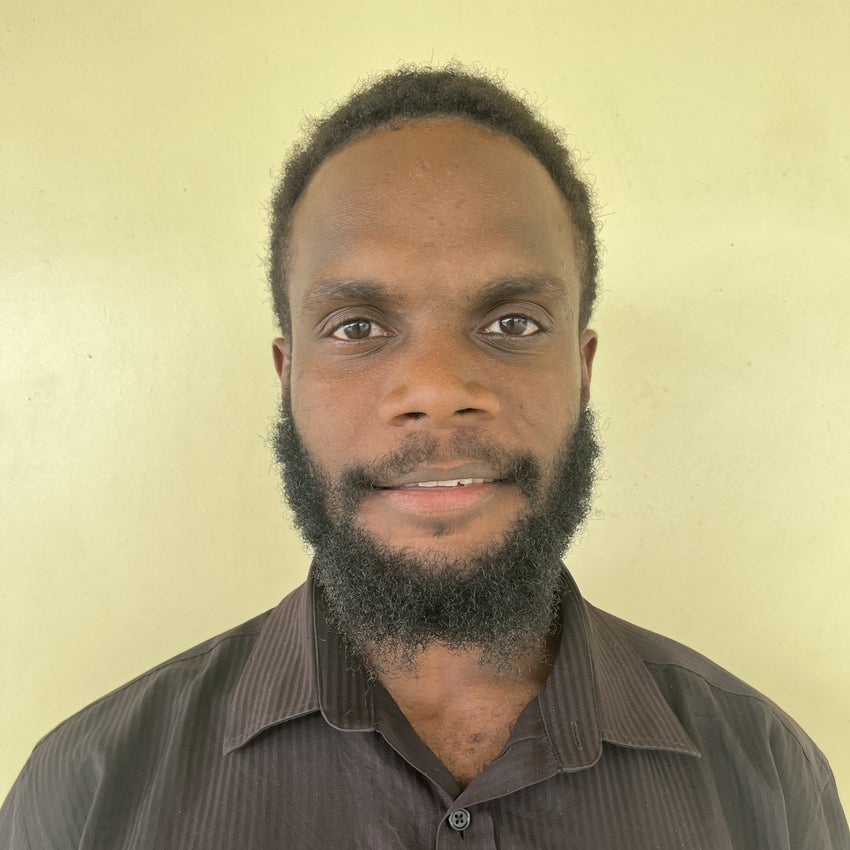
Panellist
Kayson Pore, Youth President, Presbyterian Churches in Vanuatu and University of South Pacific
Kayson Pore is a 23-year-old student from Santo Island in Vanuatu. He is currently doing a double major in law and politics at the University of the South Pacific. He is a church youth President within the Presbyterian Churches in Vanuatu and part of his role includes leading youth activities and advocating on key youth issues. A couple of issues that Kayson is passionate about include education and employment opportunities for young people and how climate change is affecting children.
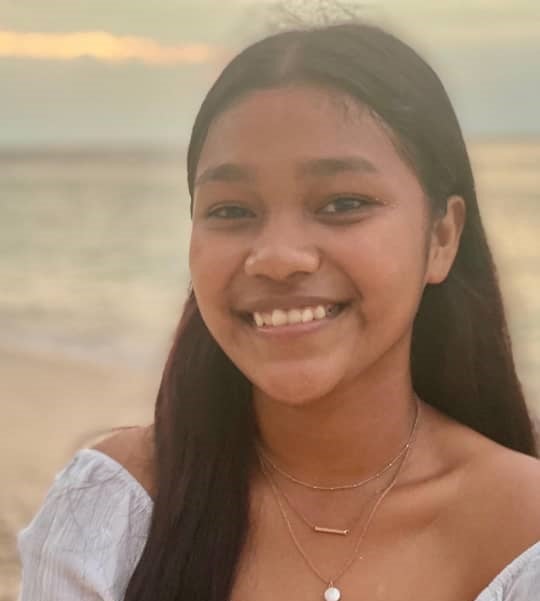
Panellist
Marta Carlos, Timor Leste Youth Peace Network and UNICEF Timor Leste
Marta Carlos is a civil engineering student at the Universidade National Timor Lorosa’e, with expertise in geotechnical engineering and structural engineering and a strong interest in building a climate-resilient Timor Leste through smart infrastructure. Marta is also a member of Timor Leste Youth for Peace (TLYFP) and Gen-Z Talk Timor Leste.
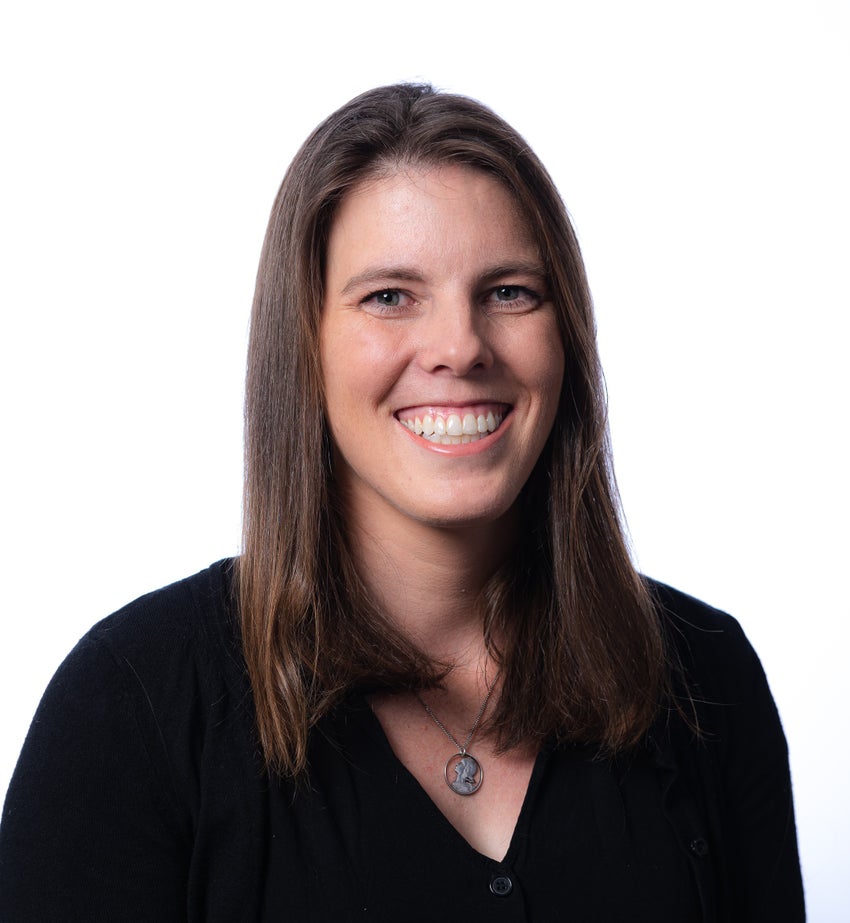
Moderator
Chief of Staff, UNICEF Australia
Alice Hall is the Chief of Staff for UNICEF Australia, working alongside CEO Tony Stuart to lead strategic initiatives across the organisation, including a focus on climate change. Alice is a previous Director of International Programs at UNICEF Australia, and led the organisation’s vaccine initiative during the COVID-19 pandemic. Prior to UNICEF Australia, Alice was co-lead of Australian Red Cross’ Migration Hub in Sydney, and has worked with the Malpa Project, on a child-to-child primary and preventative health model called Young Doctors.



